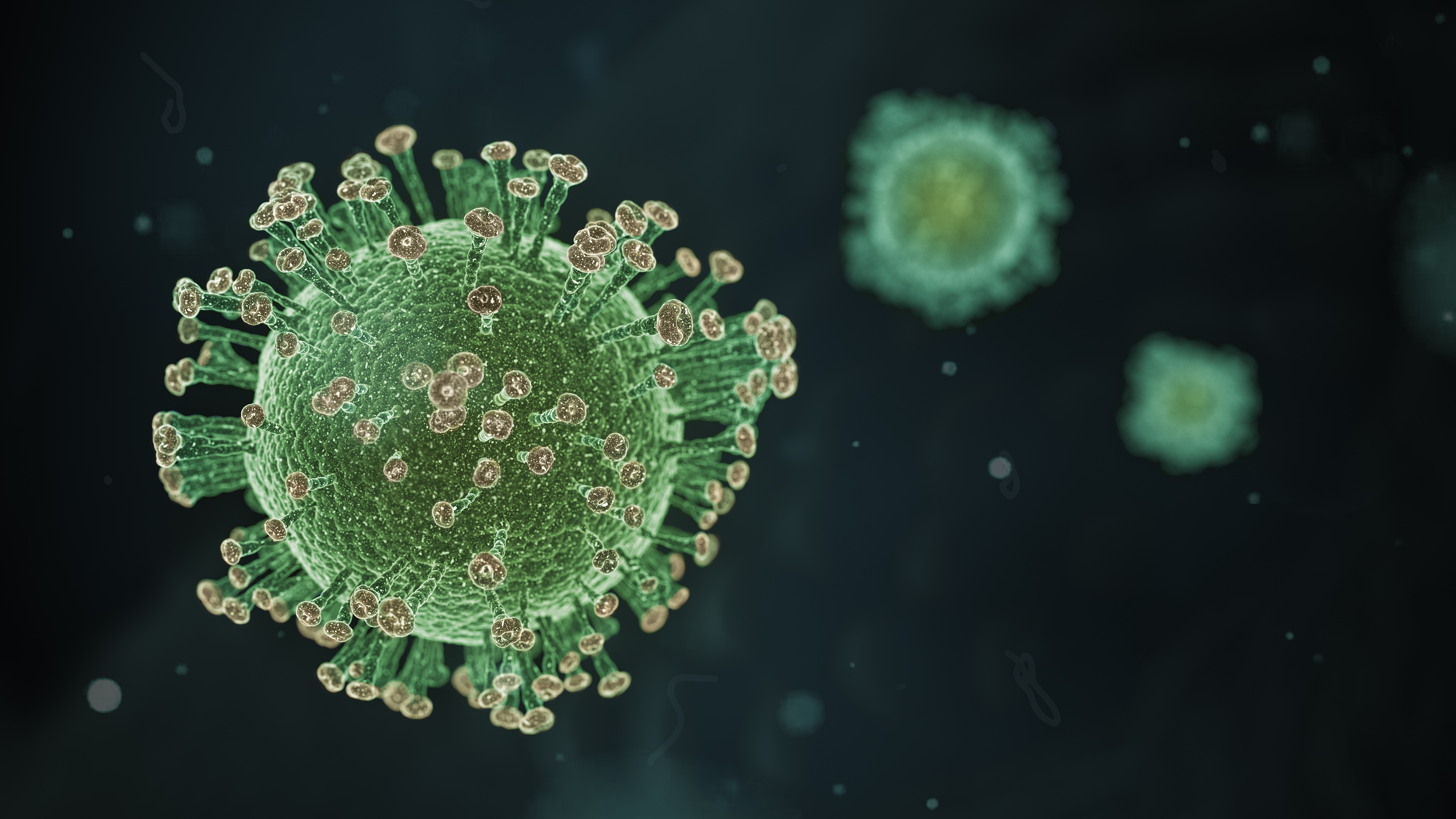
Researchers claimed that a new strain of the coronavirus disease 2019 (COVID-19) that is found to be more infectious has been detected in the Philippines.
The new mutation of SARS-CoV-2, called G614, was said to have replaced the previous version, D614 that first emerged in Wuhan, making it the most dominant coronavirus strain that is being spread worldwide.
According to the Philippine Genome Center (PGC), the mutated strain was found in a few random samples from Quezon City, with 6,880 total confirmed cases as of August 1, 2020.
“We now report the detection of the D614 variant among nine randomly selected COVID-19 positive samples collected in Quezon City in July. In the month of June, both the D614 as well as the G614 have been detected in a small sample of positive cases,” said PGC in a bulletin published in August 13.
They have conducted a whole genome as well as targeted sequencing of the SARS-CoV-2 virus in the Philippines as part of the validation study of the locally developed SARS-CoV-2 RT-PCR kit.
The new research that started in June by PGC shows that both G614 and D614 strains have been found in samples of positive cases from cities with the most population in the Philippines.
“Together with the observation that G614 is now the dominant viral state, the authors claim that the said mutation can increase the viral rate of transmission,” PGC stated. “However, there is still no definitive evidence showing that carriers of the G614 variant are actually more transmissible than those with D614, and the mutation does not appear to substantially affect clinical outcomes as well.”
From a global study published in the journal Cell, the mutated strain is said to multiply faster in the upper respiratory tract—meaning the nose, sinuses, and throat—explaining the rapid circulation of the viral disease. However, the study also claims that patients infected with the new strain were not more severely affected.
“Although this information confirms the presence of G614 in the Philippines, we note that all the samples tested were from Quezon City and may not represent the mutational landscape for the whole country,” the PGC noted.
Health Undersecretary Maria Rosario Vergeire also said that the sample size was too small to conclude that the newly mutated strain has already spread in the country.
“We still need a lot of evidence… The study was centralised and focused on Quezon City. It might not be a representative sample for the rest of the country,” Vergeire said.
The Philippines has a total number of 161,253 COVID-19 cases, with 3,420 new COVID-19 cases reported on Sunday. 112,586 have recovered while 2,665 deaths have been recorded.